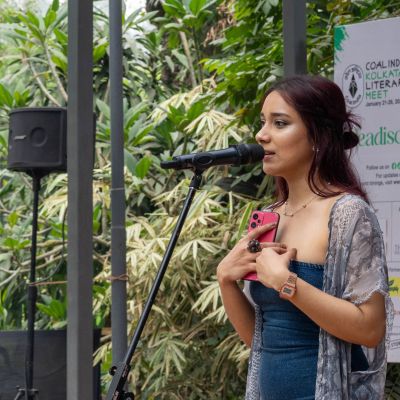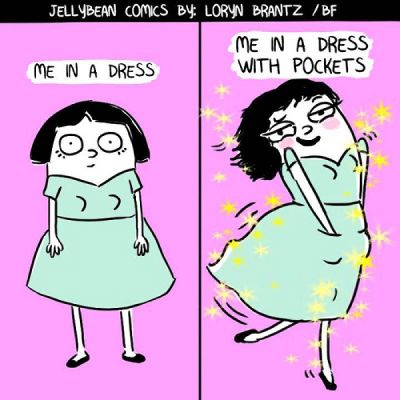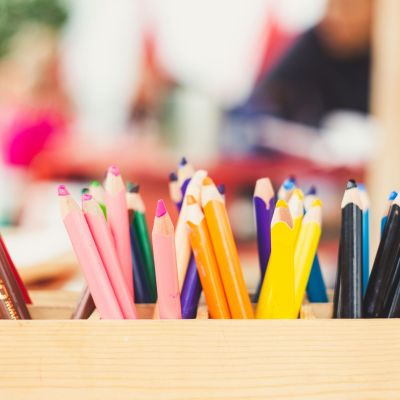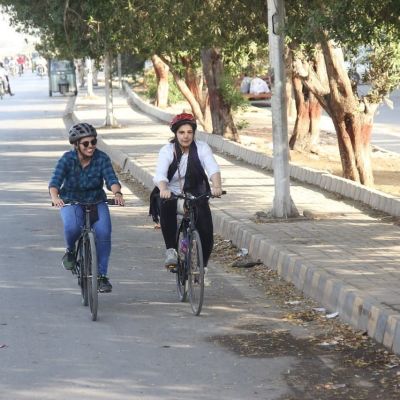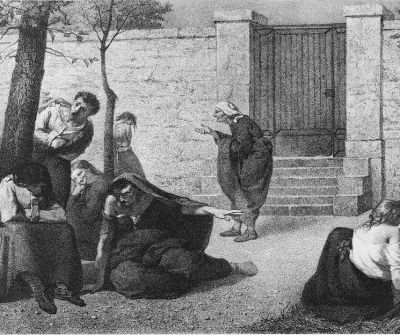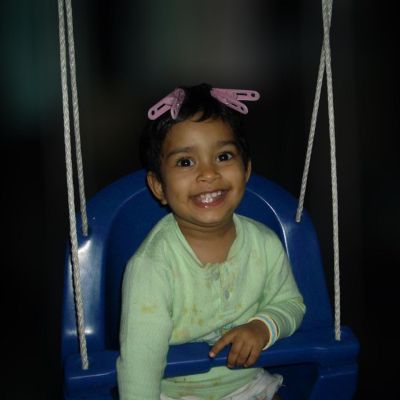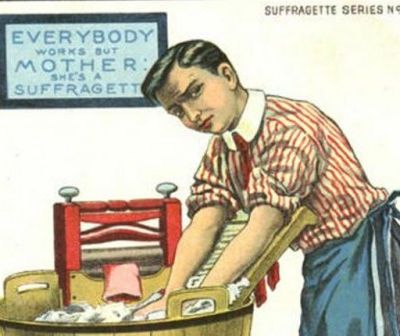Feminism
… practicing a life rooted in love and a shared sense of oneness with the living world.
The virtual world allows me to challenge the hold of patriarchy on my ‘effeminate’ body; in a sense, it allows me to evade the policing of desire that my body shares with another, its flows and slippages, the messy and the unkempt. While virtual sex offers a window to revisit the sensual, it is also not immune to limitations and insecurities.
The link between women’s clothing and patriarchy is important to acknowledge and understand if we are to address some pertinent questions around women’s agency and ability to exercise control over their choices, bodies and sexuality – questions that feminists around the world, including in South Asia, continue to struggle with.
Despite the lack of a formal Comprehensive Sexuality Education (CSE) curriculum in place in India, there has been a growing interest in providing CSE programmes in schools.
Social media and dating platforms provide new opportunities for connection, but they also elevate the potential risk of harm associated with any online engagement. The anonymity of the interaction can serve both as a source of freedom and potential exploitation.
Unlike many trans-masculine people who identified as lesbians/tomboys/butch pre-transitioning, I refused to abandon my ‘lesbian’ identity post-transitioning. A negotiation that took time to flourish.
One gets introduced to feminism through various modes: through books, through university courses, through parents and sometimes one does not…
Within the urban sphere, feminist discourse has for the past few decades centred on the constant anxiety and anticipation of violence, which permeates all of women’s movements within South Asian cities. However, something unusual is happening to that discourse in this cultural moment. Feminists are systematically and strategically shifting their attention from the anticipation of violence to the active search for pleasure in public space.
Bula was not happy at being offered a bath and fresh clothes. Food, she would gladly take – but…
Though writing about feminism and being in a position to voice out one’s opinions about the injustices and inequities that continue to exist in society is still relevant, times are also changing as we begin to understand intersectionality as an all-inclusive concept and the positions we speak from.
Pandemics have a profound psychological impact. They are known to disrupt one’s sense of safety, security, certainty, control, concordance, and…
Words weren’t always needed – we were content in each other’s quiet company, letting stillness speak. It took me years to realise that their home was my first classroom, and love was the language we spoke.
I grew up with a book cupboard where Paul Gallico’s Love of Seven Dolls rubbed shoulders with Germain Greer’s The…
Marriage also feels complicated when one approaches it through the lens of feminism. Marriage throws in two people and often their families into a system designed to perpetuate patriarchy, subjugate women, and bind men and women (in heteronormative marriage) into strict roles in the marriage.
Marriage also feels complicated when one approaches it through the lens of feminism. Marriage throws in two people and often their families into a system designed to perpetuate patriarchy, subjugate women, and bind men and women (in heteronormative marriage) into strict roles in the marriage.

